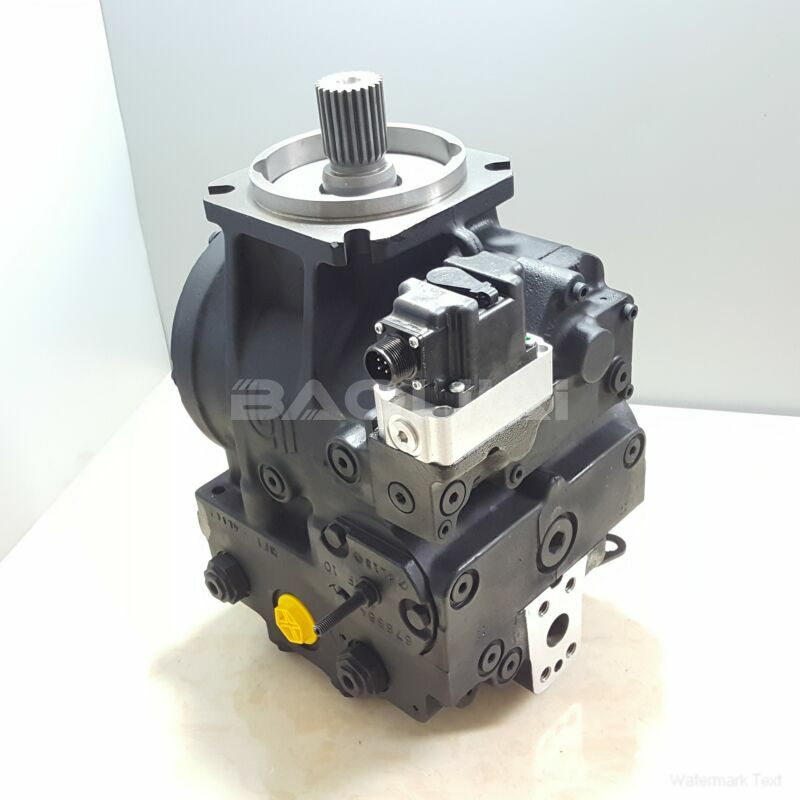90L100HF1AB80S3S1F03GBA424224 danfoss pump
90L100HF1AB80S3S1F03GBA424224 danfoss pump

- Product Details
- Applicable Scene
Offshore oil rig operations rely heavily on specialized equipment to explore and extract resources from beneath the ocean floor. Among the critical components that facilitate these operations are hydraulic oil pumps. These pumps play a vital role in powering various machinery and systems on the rig, enabling efficient and safe drilling processes.
90-L-100-HF-1-AB-80-S-3-S1-F-03-GBA-42-42-24
90L100HF1AB80S3S1F03GBA424224
Hydraulic systems utilize pressurized fluid to transmit force, which then drives various devices such as drilling rigs, blowout preventers, and cranes. The hydraulic oil pump is essential in this system, as it generates the necessary pressure to ensure that fluid can flow through hydraulic lines to activate different components. The pumping action involves drawing hydraulic fluid from a reservoir and forcing it into the hydraulic circuit, where it can be used to perform mechanical tasks.

9622101
One of the primary advantages of hydraulic systems powered by hydraulic oil pumps is their ability to provide high levels of power in a compact form. Offshore operations often face space and weight limitations, making hydraulic systems an ideal solution. For instance, hydraulic rotary actuators can turn heavy drilling equipment with precision and strength, allowing for more efficient drilling and reduced operational risks.
Another crucial aspect of hydraulic oil pumps is their reliability in harsh offshore environments. The marine environment can be incredibly corrosive, so hydraulic systems are designed with materials and seals that withstand seawater and other challenging conditions. This durability ensures that operations can continue without unexpected downtime caused by equipment failure.
Hydraulic oil also plays a critical role in the performance of pumps and the entire hydraulic system. The oil must meet specific viscosity standards to ensure that it flows correctly and provides adequate lubrication. Regular maintenance and monitoring of hydraulic oil are essential to prevent contamination and degradation, which can lead to decreased performance or system failure.
Moreover, advancements in hydraulic technology have led to the development of more efficient pumps that can minimize energy consumption while maximizing output. These innovations contribute to lower operational costs and enhanced safety, both of which are paramount in offshore drilling operations.





